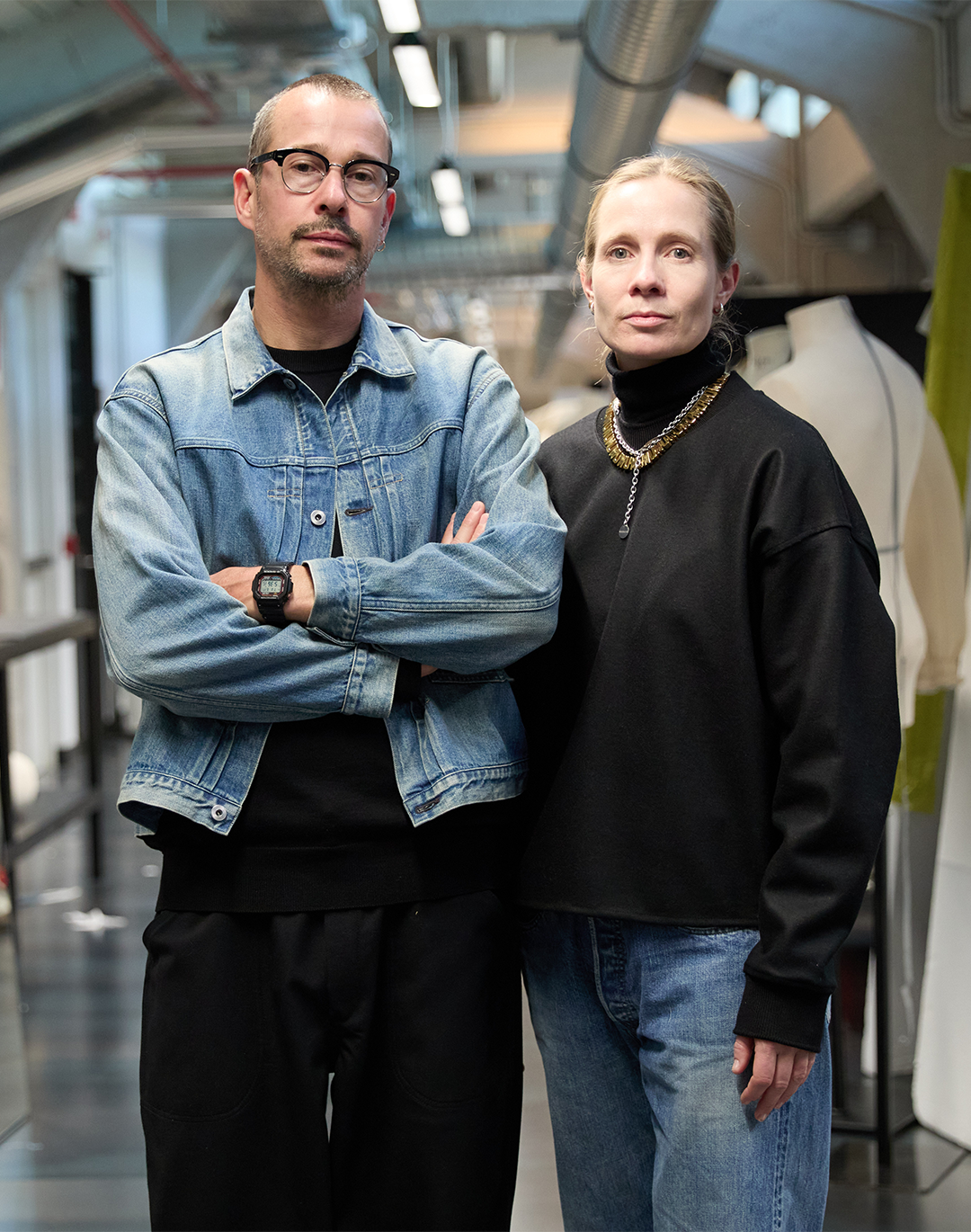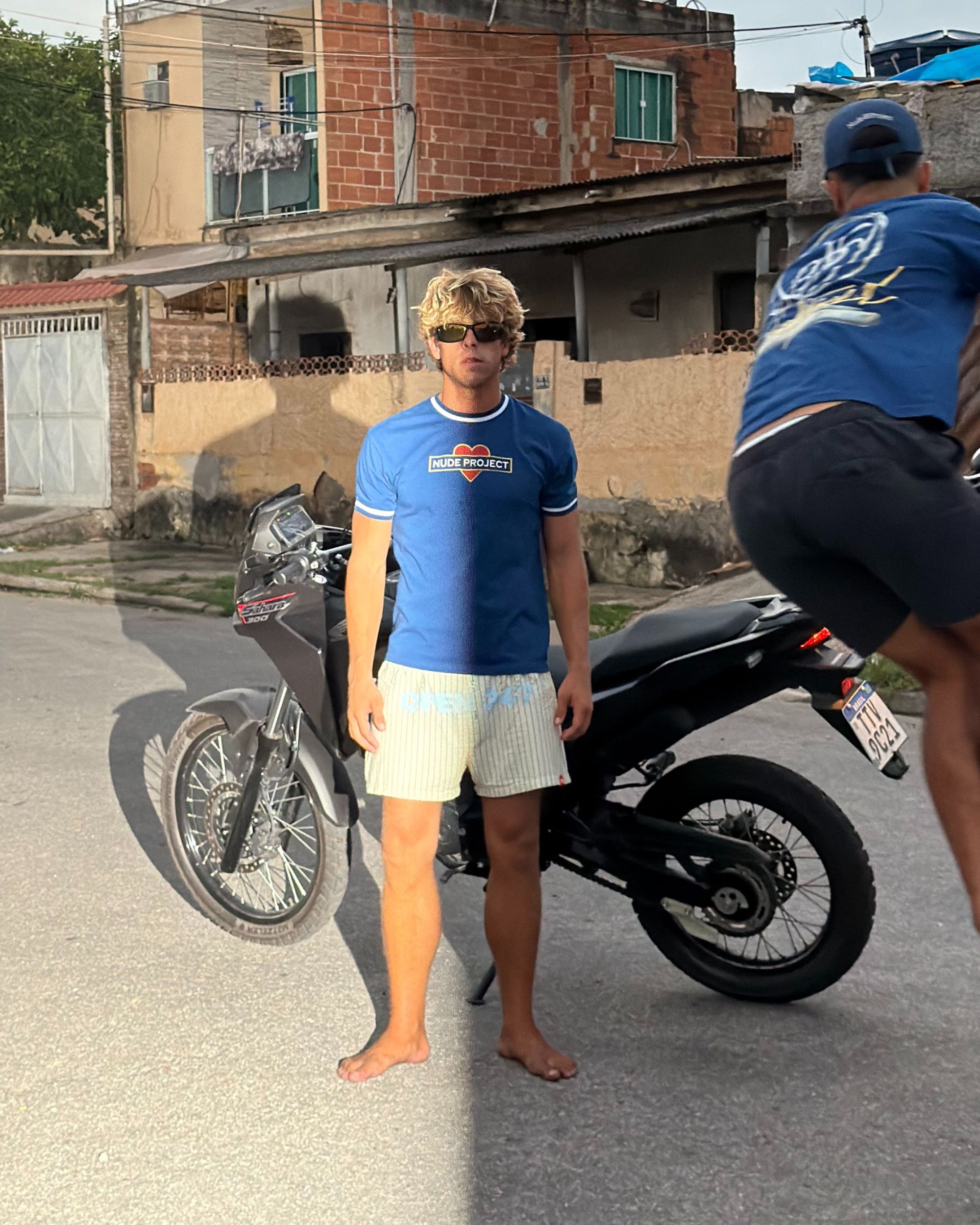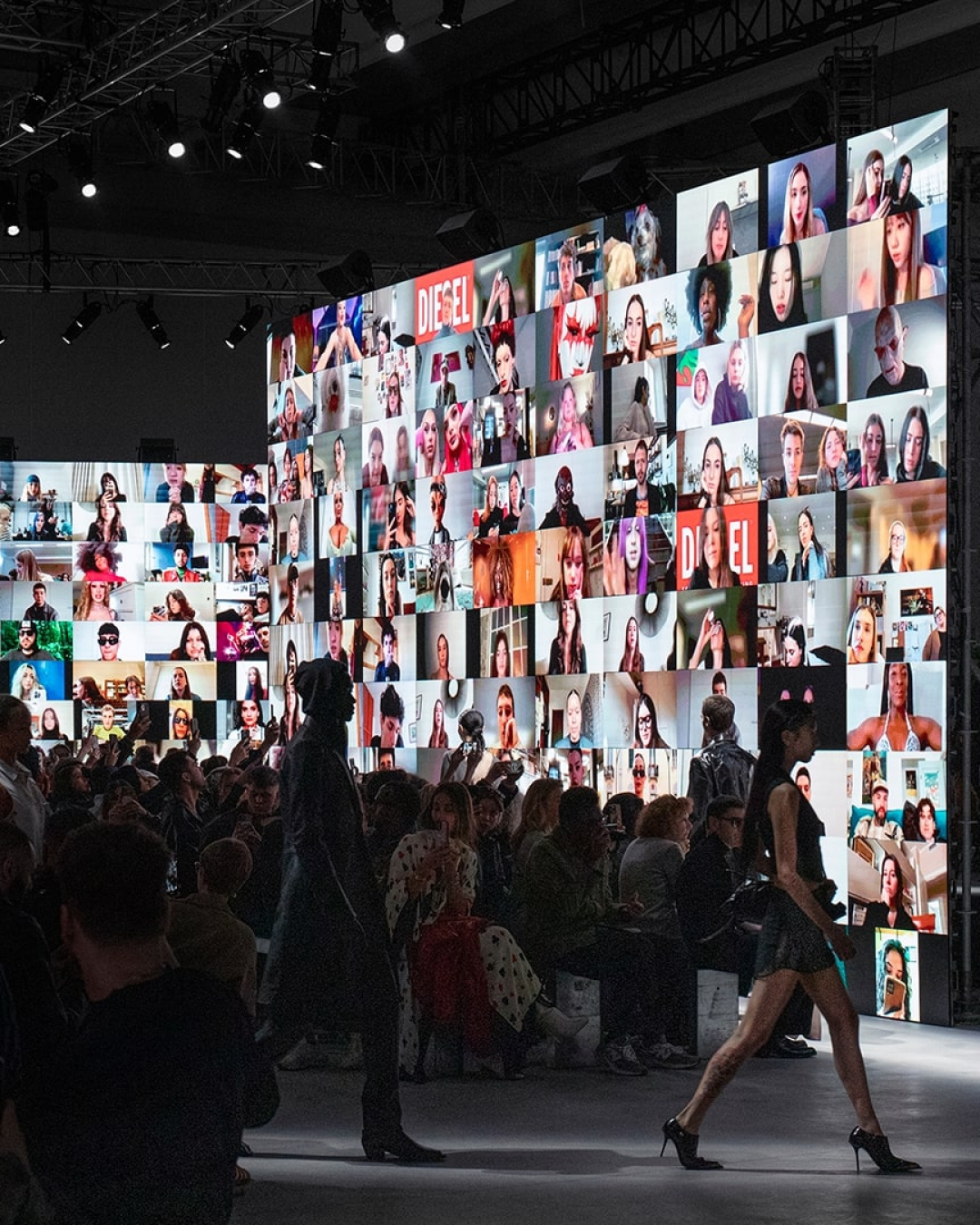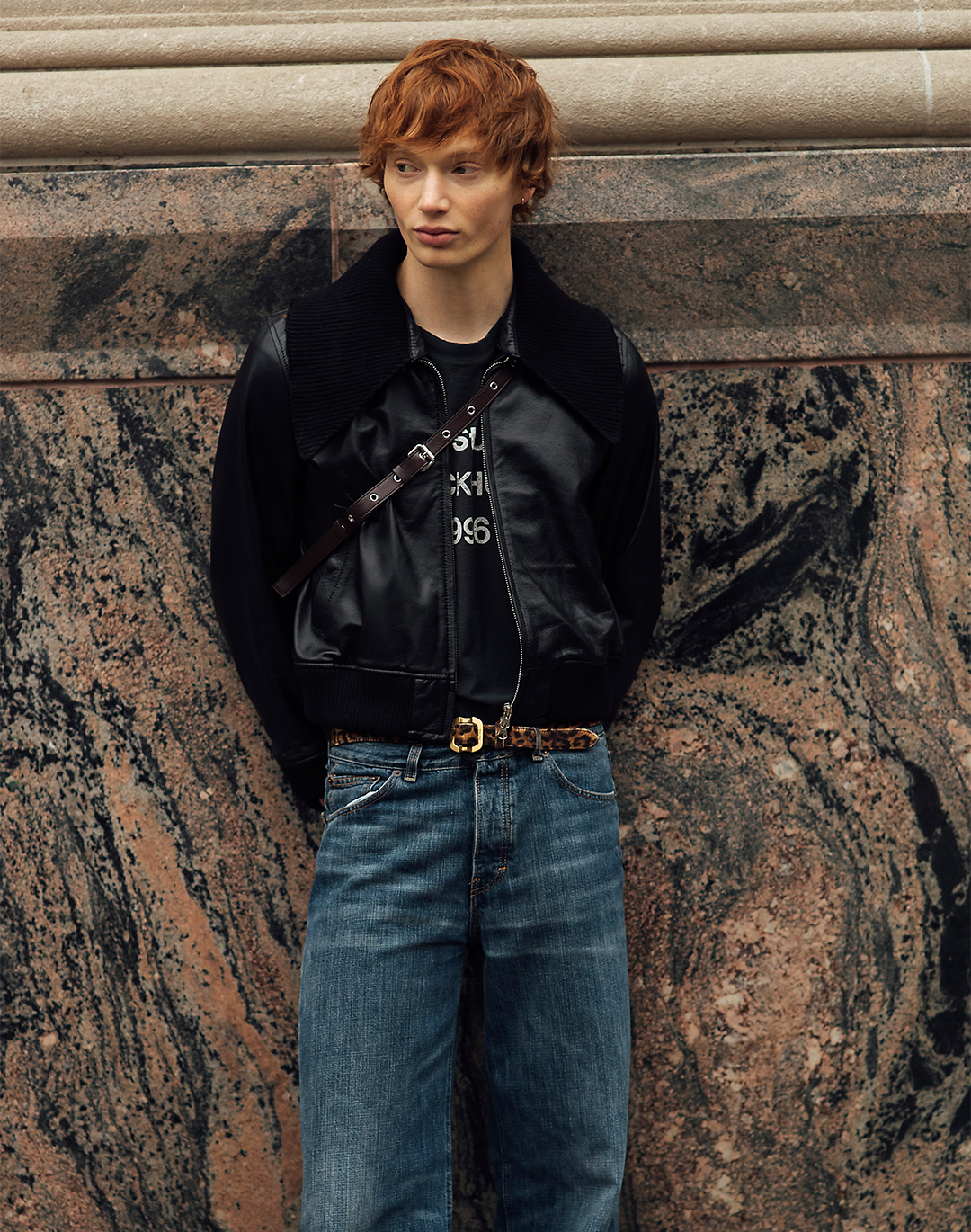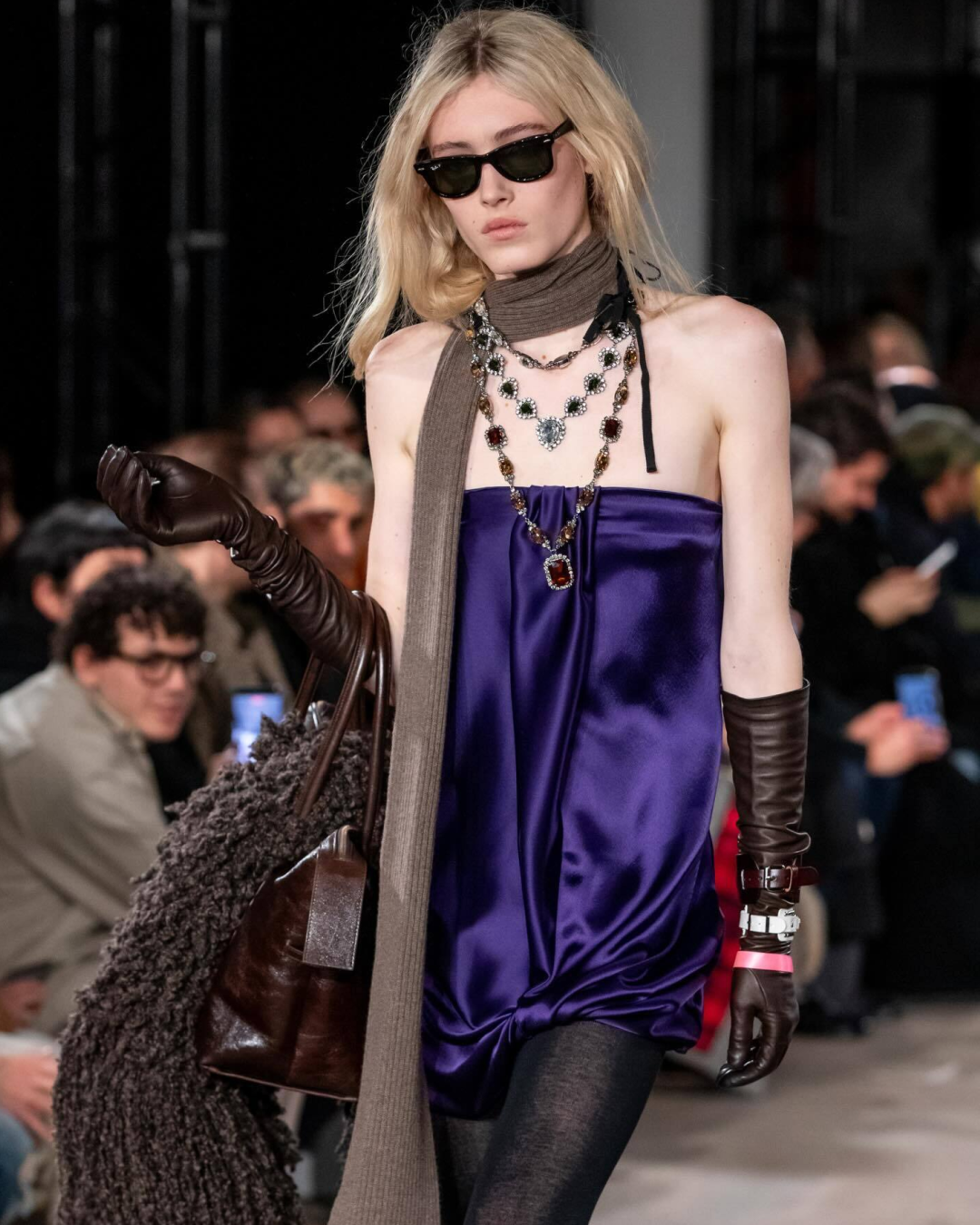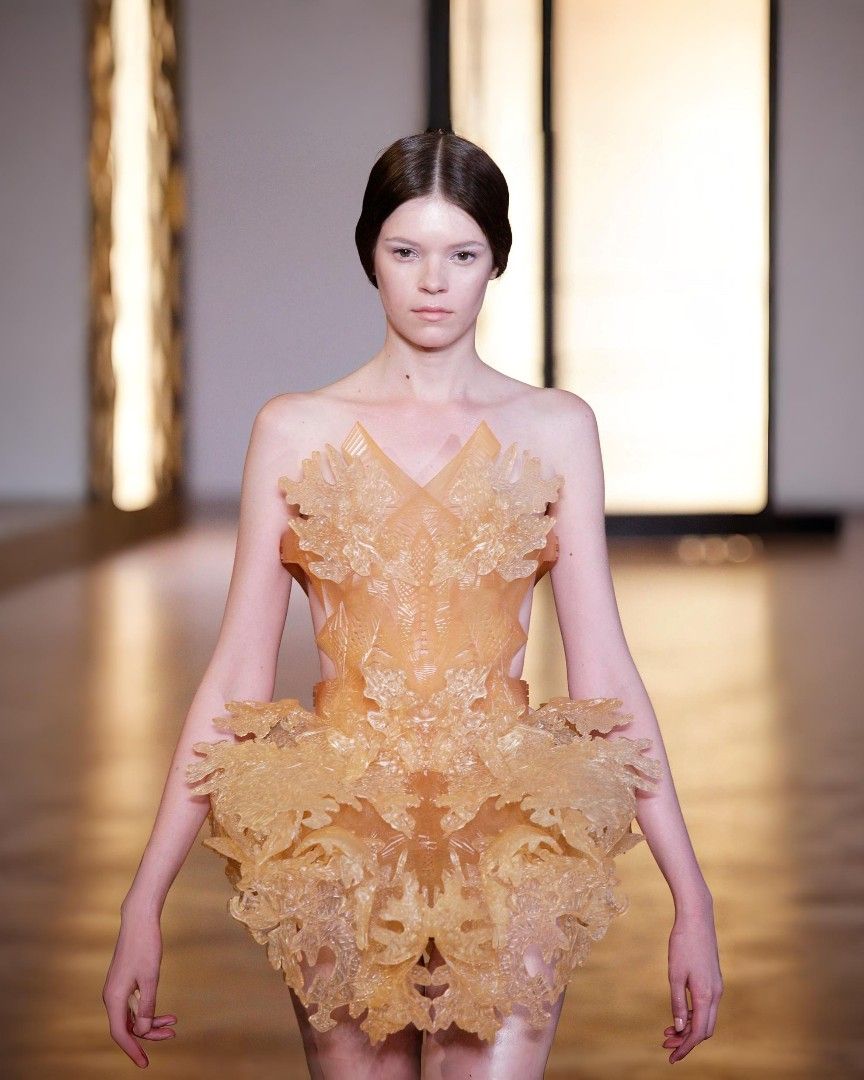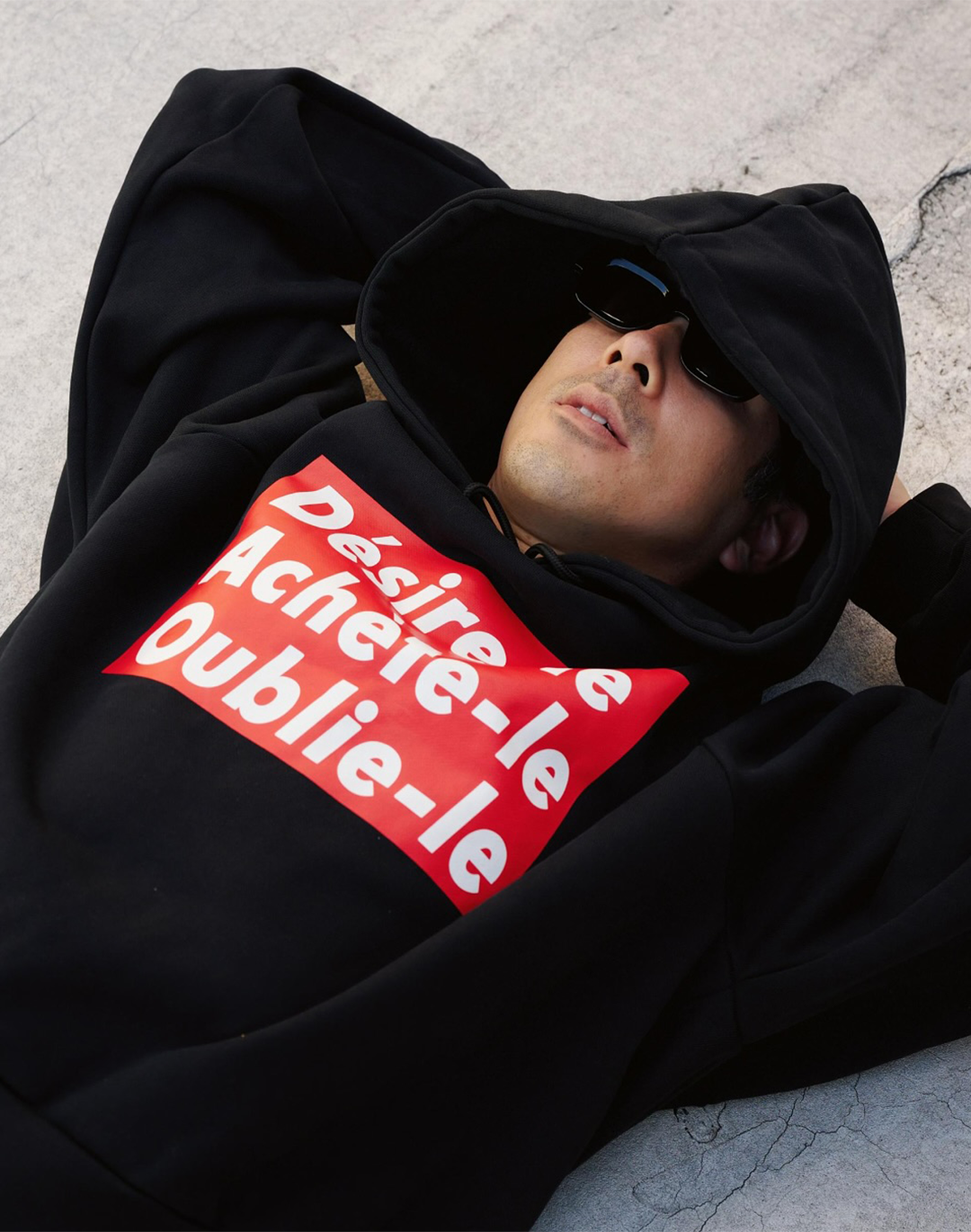
i-D Magazine is safe now, but at what price? An acquisition that says a lot about the future of indie publishing
There was a time when top model Karlie Kloss was known for being the protagonist of some of the most controversial editorials of the pre-culture wars era: dressing as a geisha in Japan back in 2017, the 2011 editorial (of which a photo was also later removed) that glorified her unhealthily thin body; but also the Victoria’s Secret fashion show where she dressed as a sexy Indian with a bikini and feathered headdress or the Marc Jacobs show where she wore a rainbow-colored dreadlock wig. Controversies around Kloss, one of the highest-paid models in the world, continued even after her marriage to Joshua Kushner, brother of Donald Trump's son-in-law and a businessman with a net worth of 3.6 billion dollars. Post-pandemic, Kloss ventured into entrepreneurship by leading the group of investors that saved W Magazine in 2022 and recently acquiring i-D Magazine. David Martin of Odda Magazine emphasises how «i-D is part of the history and culture of fashion,» highlighting how «the acquisition by Karlie Kloss is intelligent, but also a matter of evolution and closing the circle. A woman who has been featured on the covers of i-D, who has grown up and discovered fashion, now, in a position of power and responsibility, revives a magazine that is necessary and fundamental. As the director of an independent magazine, it is time for this industry to be helped from within by those who are shaping what we understand and know as 'Fashion.»
However, the matter becomes problematic when we notice that all pro-Palestine articles have been removed from the i-D site, leading many to believe that the top model with liberal views has officially entered the business of the Kushner family, which already has its fingers in the media world through Observer Media, a company controlled by the family trust, and is suspected by many to be the true entity behind the acquisition. But what does this episode tell us about the fate of international press as well as independent publishing? In this regard, Fabiana Fierotti and Yara De Nicola of Alla Carta want to make a clarification: «i-D has been and is one of the most important publications in the contemporary fashion publishing landscape. However, one cannot speak of independent publishing; for years, the magazine has been part of the Vice Media group. From this point of view, the transition to Karlie Kloss is absolutely positive, if only because it is an individual and not a group or an investment fund without a face.» The period they refer to is 2012 when Vice Media acquired the magazine, technically ending thirty-two years of independence. But it is understandable. «Being a 'niche' magazine in 2012 was almost a flaw, certainly not an asset,» continue Fierotti and De Nicola. «Today, finally, even the major luxury brands have realised that it is precisely that niche that is a fundamental part of their target audience and that it is therefore strategic to invest in independent publications rather than mainstream magazines.»
in todays edition of content nobody asked for: a Vogue profile on Jeff Bezos girlfriend…. pic.twitter.com/RGxg9xEcBH
— LOUIS (@LouisPisano) November 13, 2023
And speaking of mainstream magazines, in recent days, an editorial of Vogue dedicated to Jeff Bezos and future wife Lauren Sànchez has come under the spotlight. The service seemed like a so-called puff piece, a gigantic favour, to almost all users whose opinions could be summarised with this comment that appeared under Vogue's Instagram post: «Money can’t buy you class, but it can buy you a Vogue spread.» In general, the feature told the story of public figures with a large bank account but ultimately little relevance or aspiration, with little or no connection to today's culture. In short, no one felt the need to know the life plans of this rich and privileged lady, which didn't really deserve the pages of Vogue or public attention. Now, the idea that the press is in the hands of the rich and powerful of this world is not a surprise: from the legendary and infamous Murdoch to the very wealthy Newhouse dynasty that owns Advance Publications (of which Condé Nast and Vogue are the crown jewels) as well as stakes in Warner Bros. Discovery and Charter Communications, the second-largest cable operator in the USA. Faced with huge budgets and titanic distribution networks worldwide, the interests of these major publishers are increasingly misaligned with "real" culture and increasingly unable to narrate the world and capture the interests of readers before they manifest. In a word, they are commercial.
Certainly, the numerous independent magazines that exist today, while subject to the influence of their advertisers, can certainly boast an autonomous cultural status, less enslaved to a frivolous and superficial celebrity culture that must stay generalist to support high sales volumes. And if today the role of the critical eye of fashion has been taken on by a new generation of independent journalists online, who move effortlessly between digital and print media (Bliss Foster and Odunayo Ojo are among the most famous, but there is also the case of Brenda Weischer who transitioned from freelance to 032c) the more creative and visual role of publishing has been covered by publications like Odda, Alla Carta, L’Etiquette or Where is the cool? which are now fully recognized realities in the industry and also work with high-profile productions. At the institutional level, a brand like Bottega Veneta has supported the publication of the historic Butt Magazine while maintaining its editorial independence, demonstrating a rare cultural sensitivity: the value of the magazine lies precisely in that independence. «Freedom, creativity, an eye that can truly give a personal interpretation of its product is sought after,» explained Fierotti and De Nicola of Alla Carta. «We believe this can be the future of projects like ours. Not big investment funds, but rather sustainable growth, remaining consistent with our editorial line and being valued precisely for this.» But beyond the interpretation of the product, does independent publishing have the ability to question or reconsider things in the indie editorial scene?
Everyone feels the need for independent publishing, and the question corresponds to an offer: today, the best multi-brand boutiques also include print media in their curation and serve as "elevated" newsstands for a production that manifests itself in both clothing and design and specialized magazines, targeting a hyper-specific audience of enthusiasts. But this galaxy of magazines for specialists must also worry about developing a critical dimension and perspective to avoid slipping into narratives and readings that are too easily enthusiastic about fashion in an era where controlled and "regime" communication is at historic highs. In short, even in a favourable moment for the development of these magazines, there are no knights without stain or fear. «My impression, without generalising, is that few independent magazines question the status quo,» said Angelo Flaccavento on the matter. «They move in the same aesthetic, pasty, and faux-spontaneous mire as the mainstream. There are few well-defined or original identities, and an excess of 90s references or editorial structures that turn the magazine into a box of everything and more, without a precise point of view.» A state of fragmentation that is the same as that found in an industry increasingly divided into micro-communities and small circles where the lack of more transversal realities capable of establishing dialogues with communities outside the fashion "bubble" is felt, becoming true pillars of collective imagination as happened with i-D, which over the years became an alternative representation channel to the mainstream, a laboratory of innovation, and a real training ground for an entire generation of great talents who now dominate the industry from the top.
And it is precisely this that surrounds the acquisition of i-D Magazine with complete ambiguity: Karlie Koss may be the girlboss who saves struggling independent publications, but it cannot be ignored that the top model dines every night with the Kushners, a billionaire family whose gigantic capital may have had something to do with the deal announced yesterday and whose hands sink deeply into politics. The systematic removal of every pro-Palestine content or comment from Kloss's magazine and social media speaks volumes – but if this practice is not entirely unusual, the fact that it happens with i-D Magazine, a traditionally progressive media that marked the beginning of the careers of industry pillars like Edward Enniful and Pat McGrath, makes this acquisition sound like a setback. So much so that one wonders to whose advantage the entire operation is. Clearly, the current editor-in-chief of the magazine, Alastair McKimm, will have his own weight and authority in maintaining the integrity of the editorial line under the new management - although the suspicion remains (which we hope is disproven) that the magazine may risk becoming a mouthpiece for interests different from the past. By interests, we mean those that go beyond just creating a good magazine.

